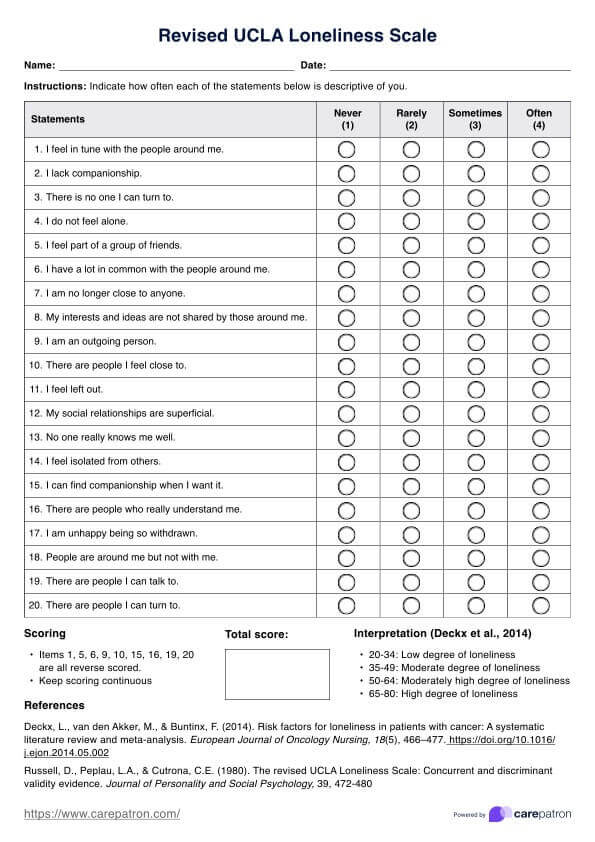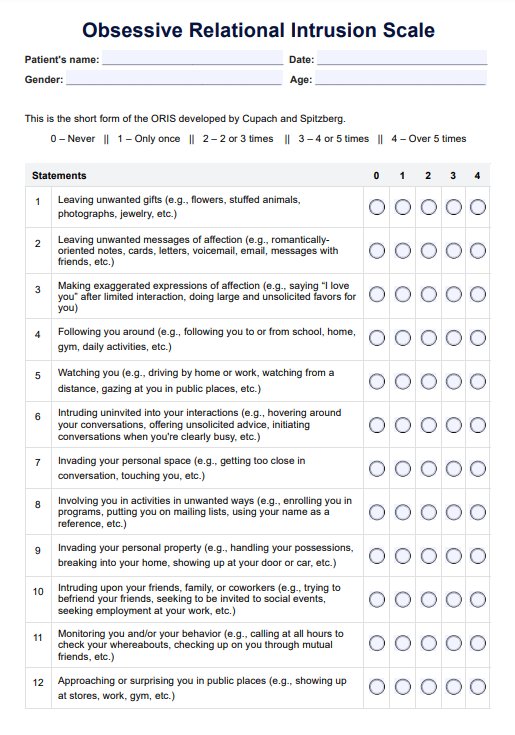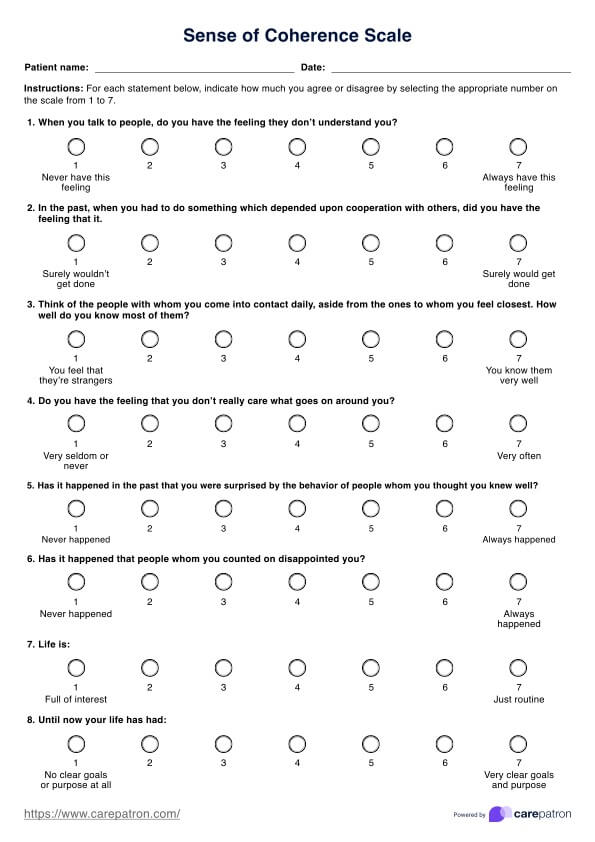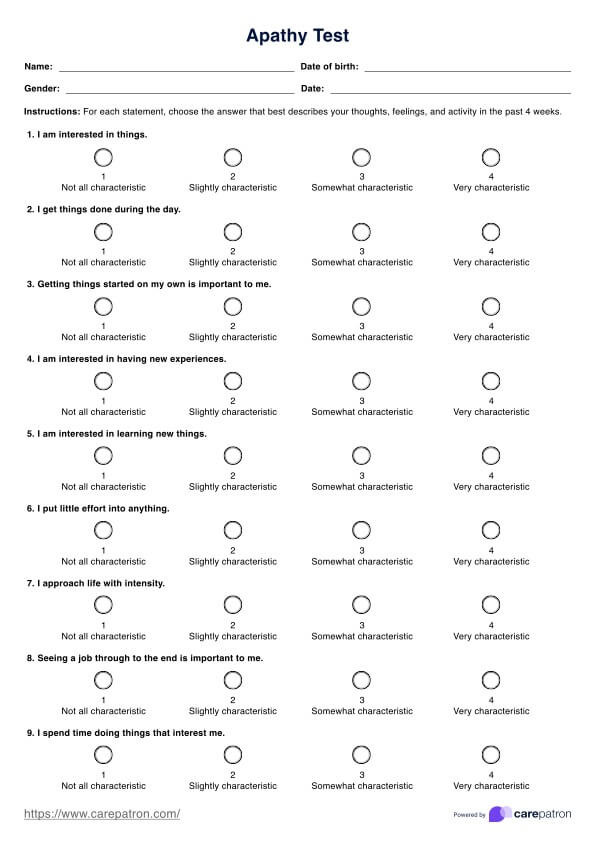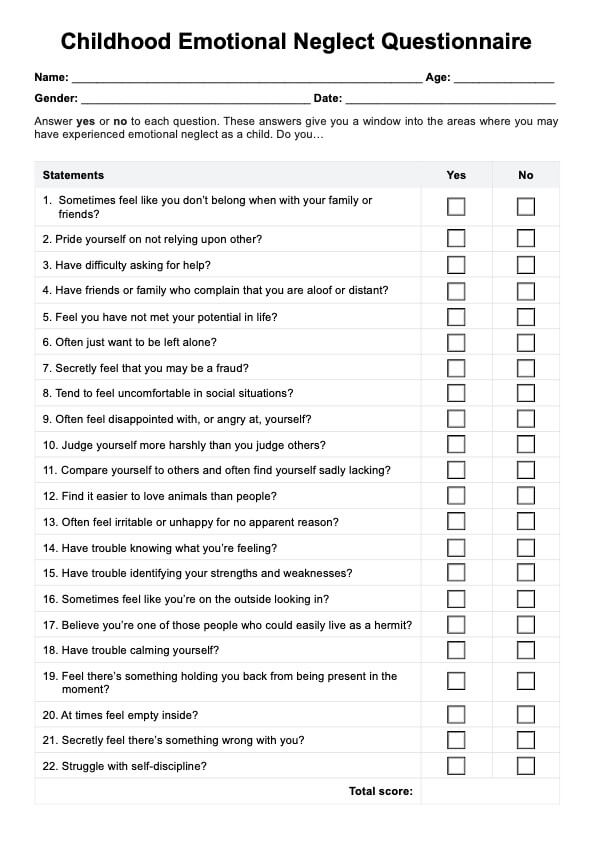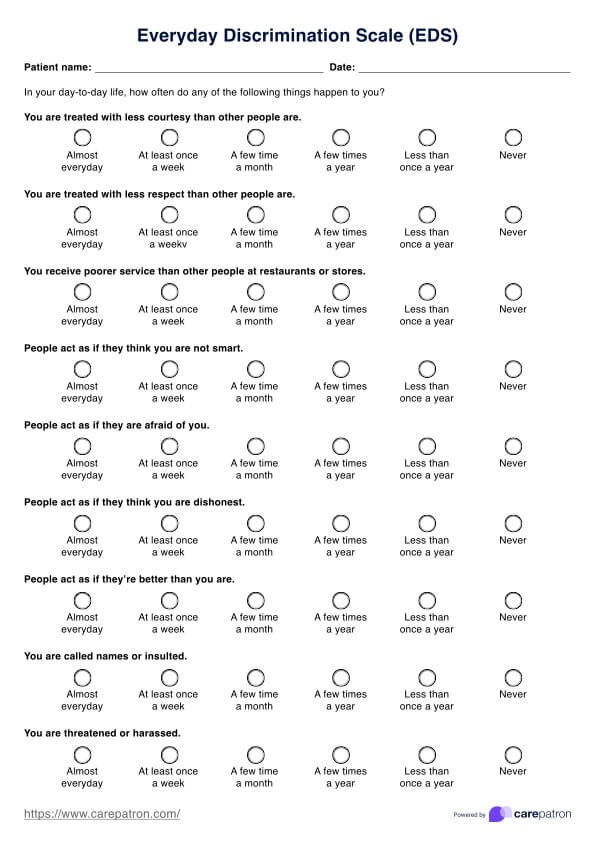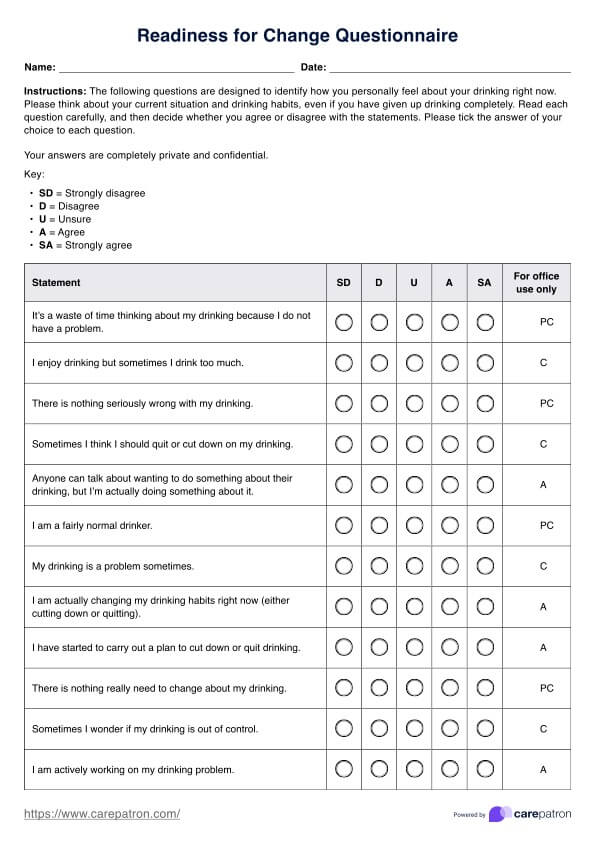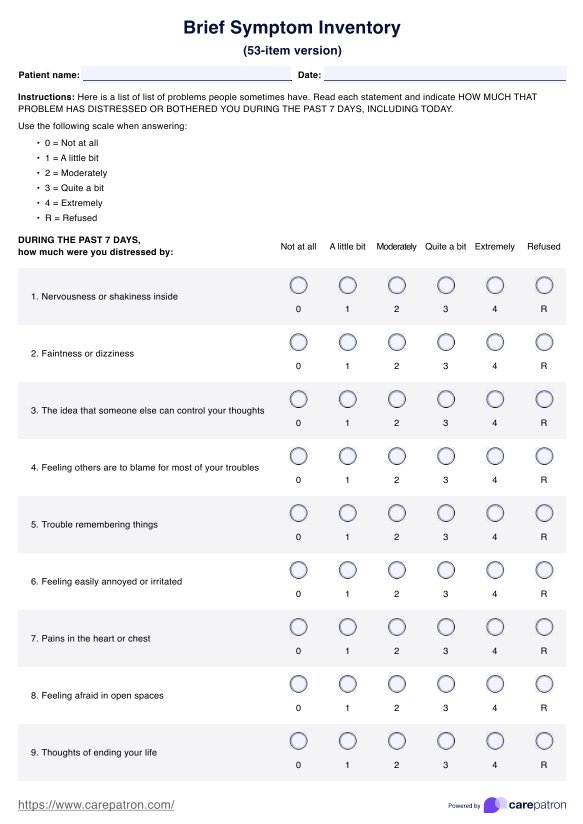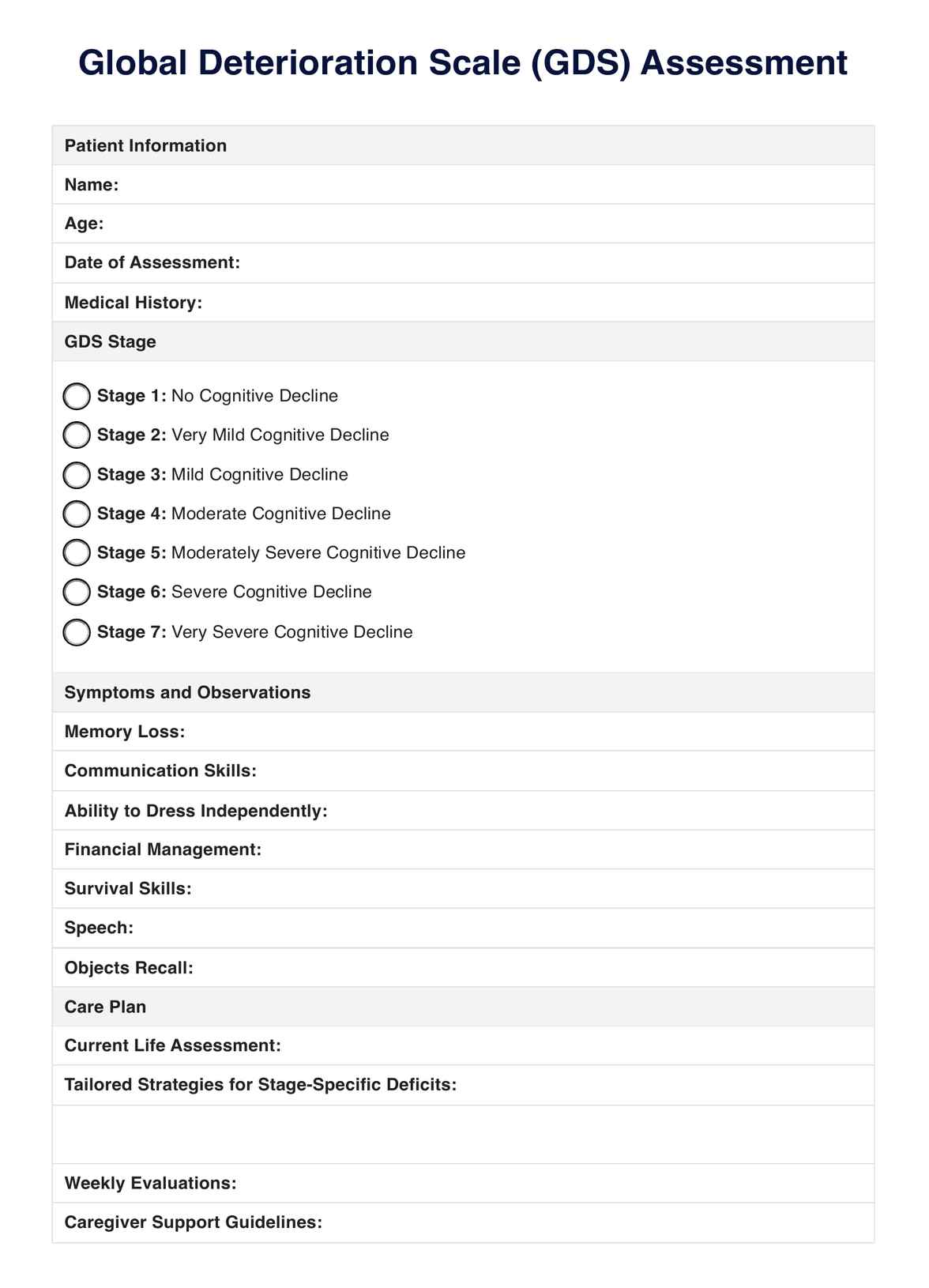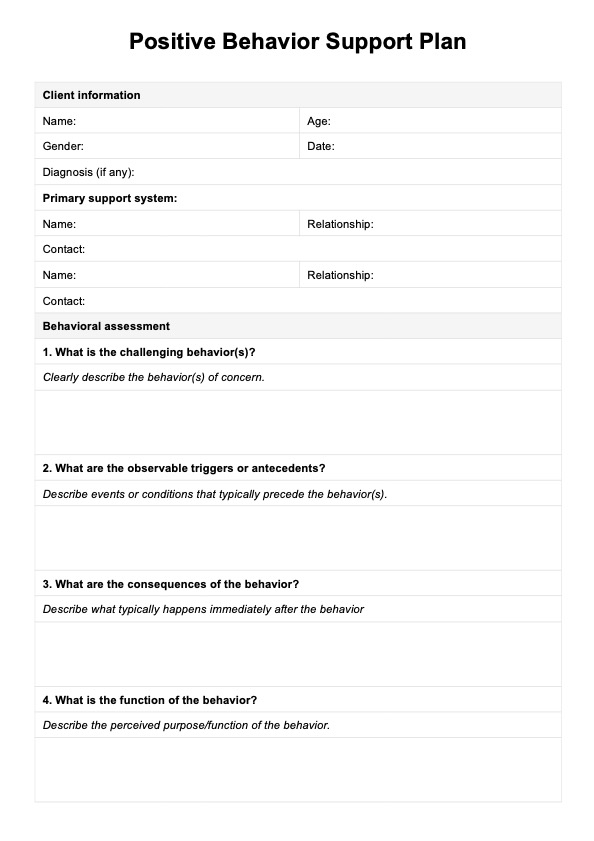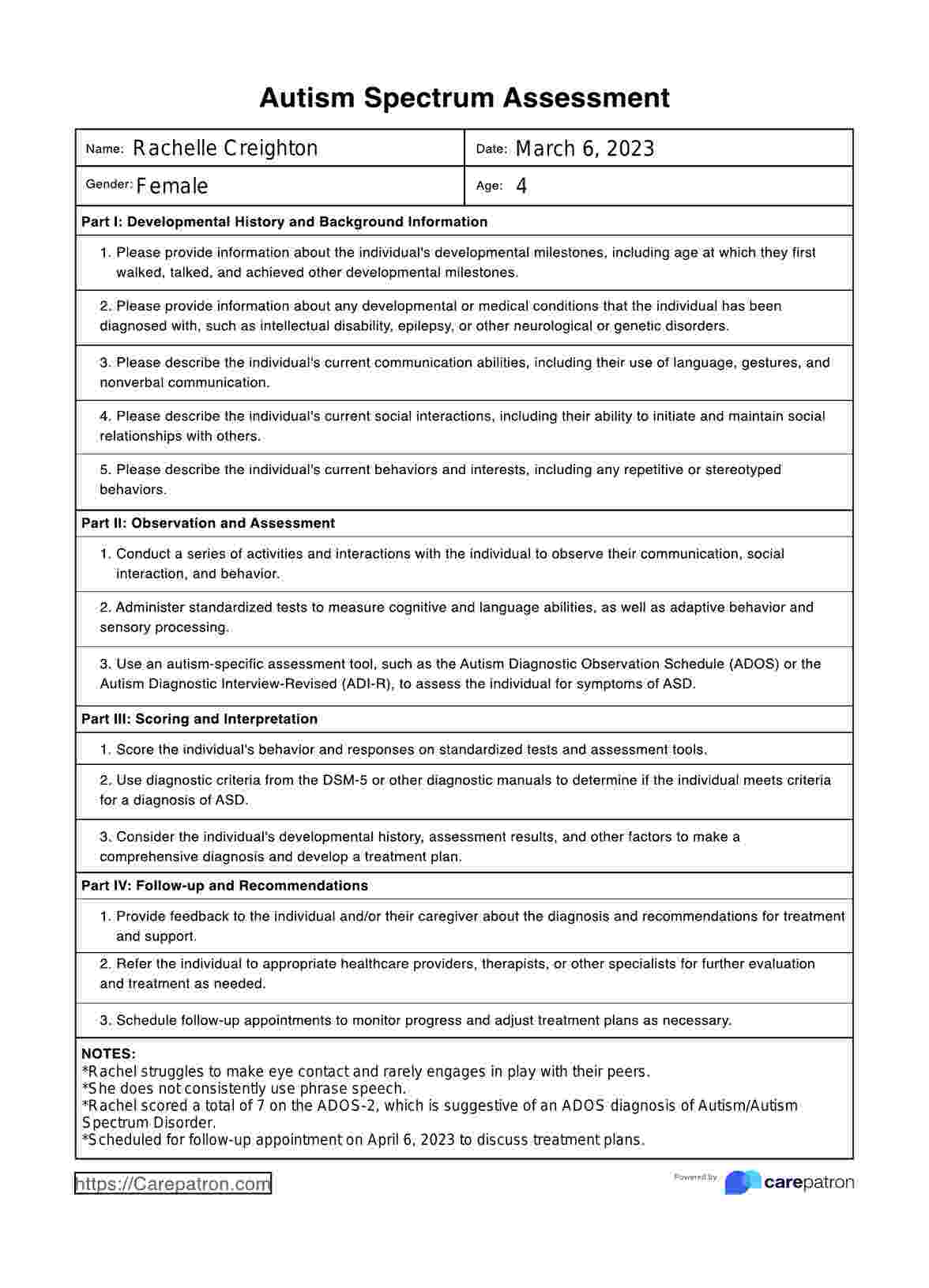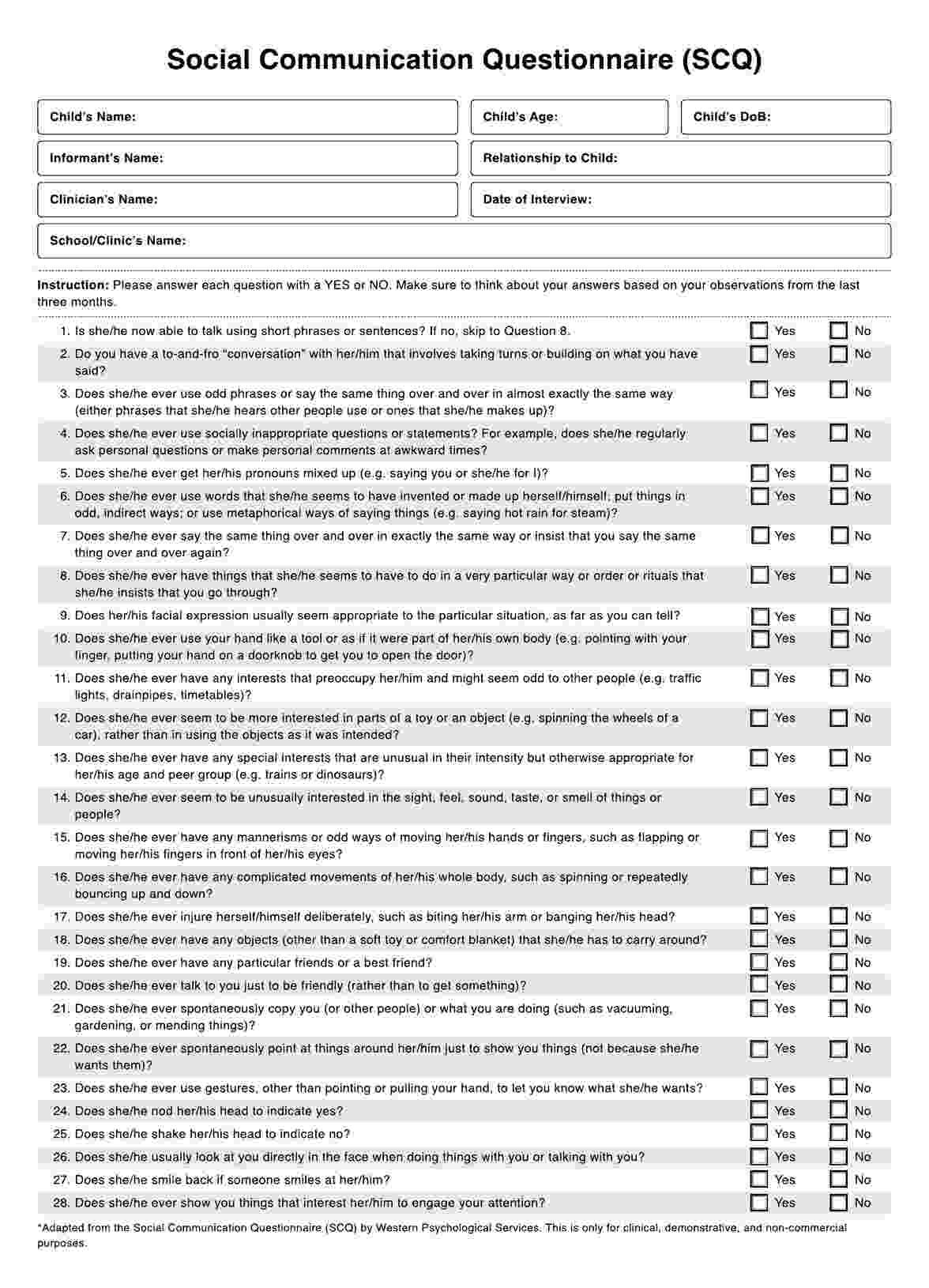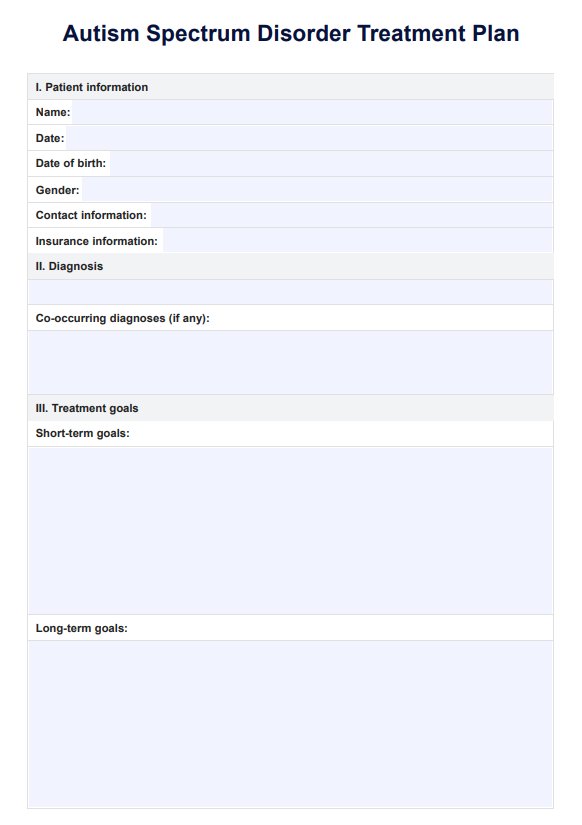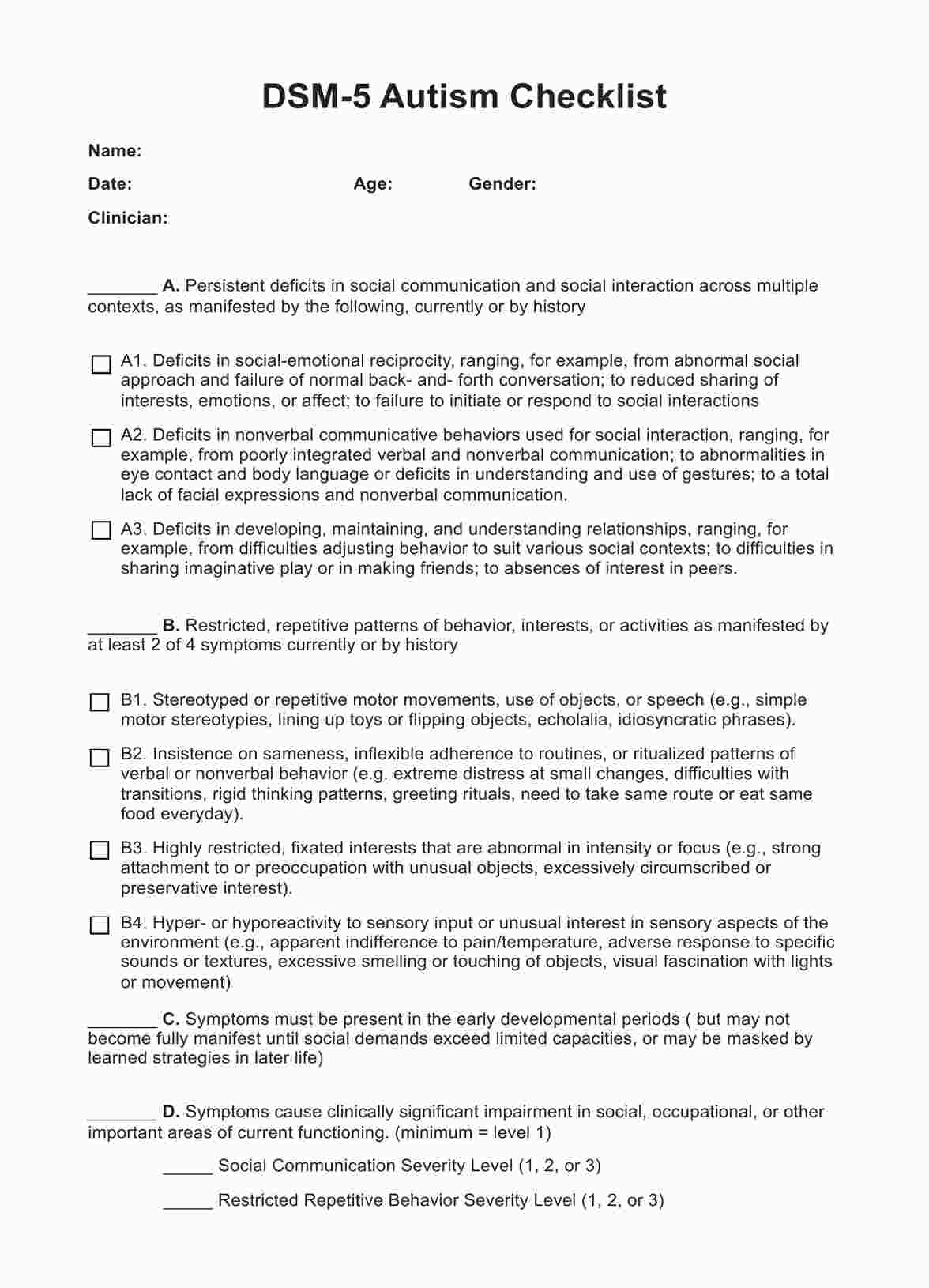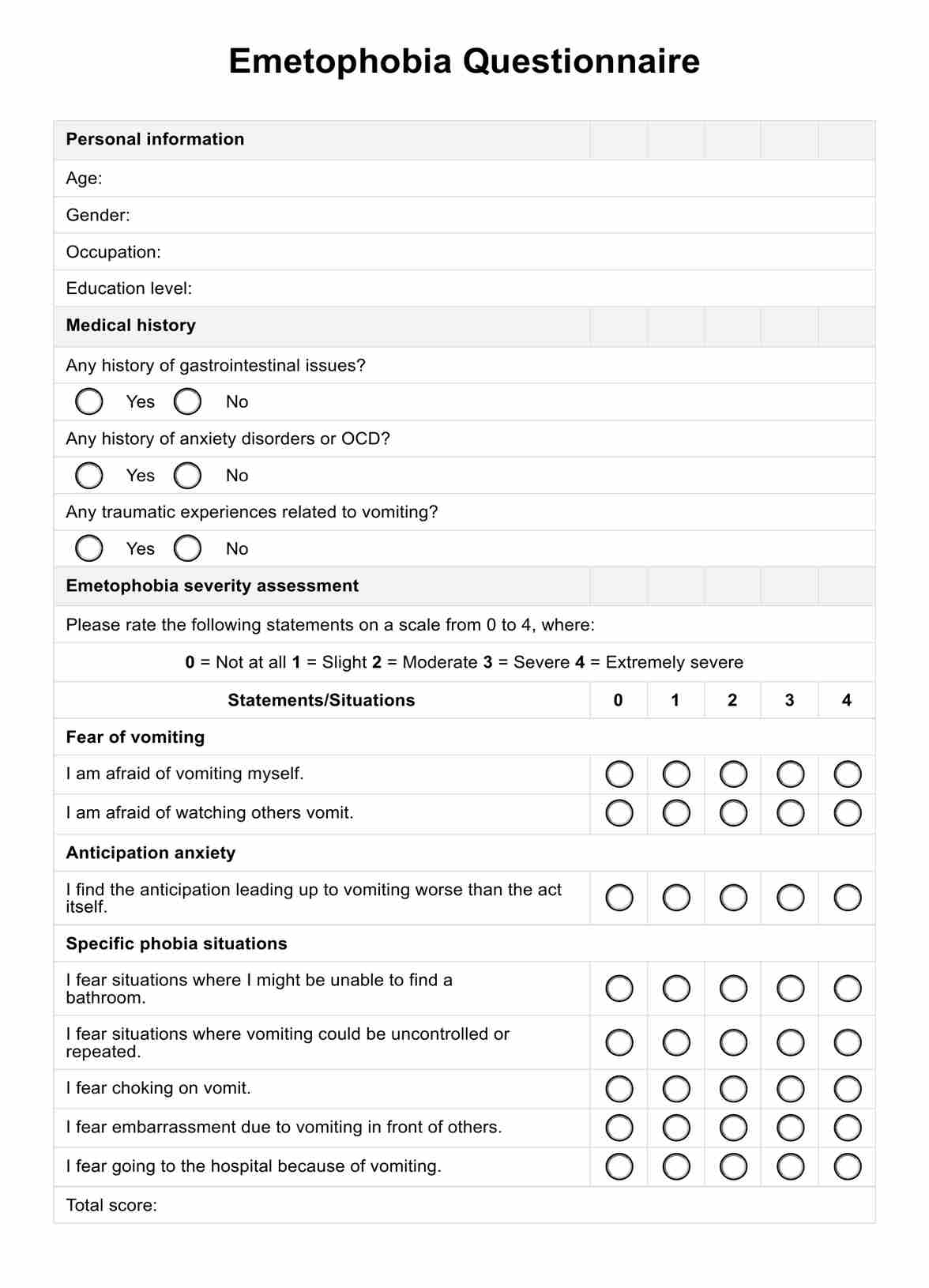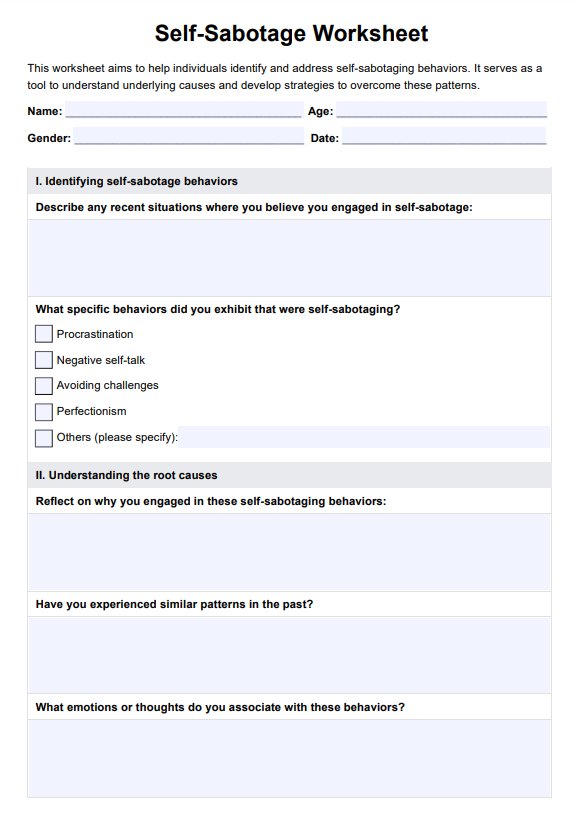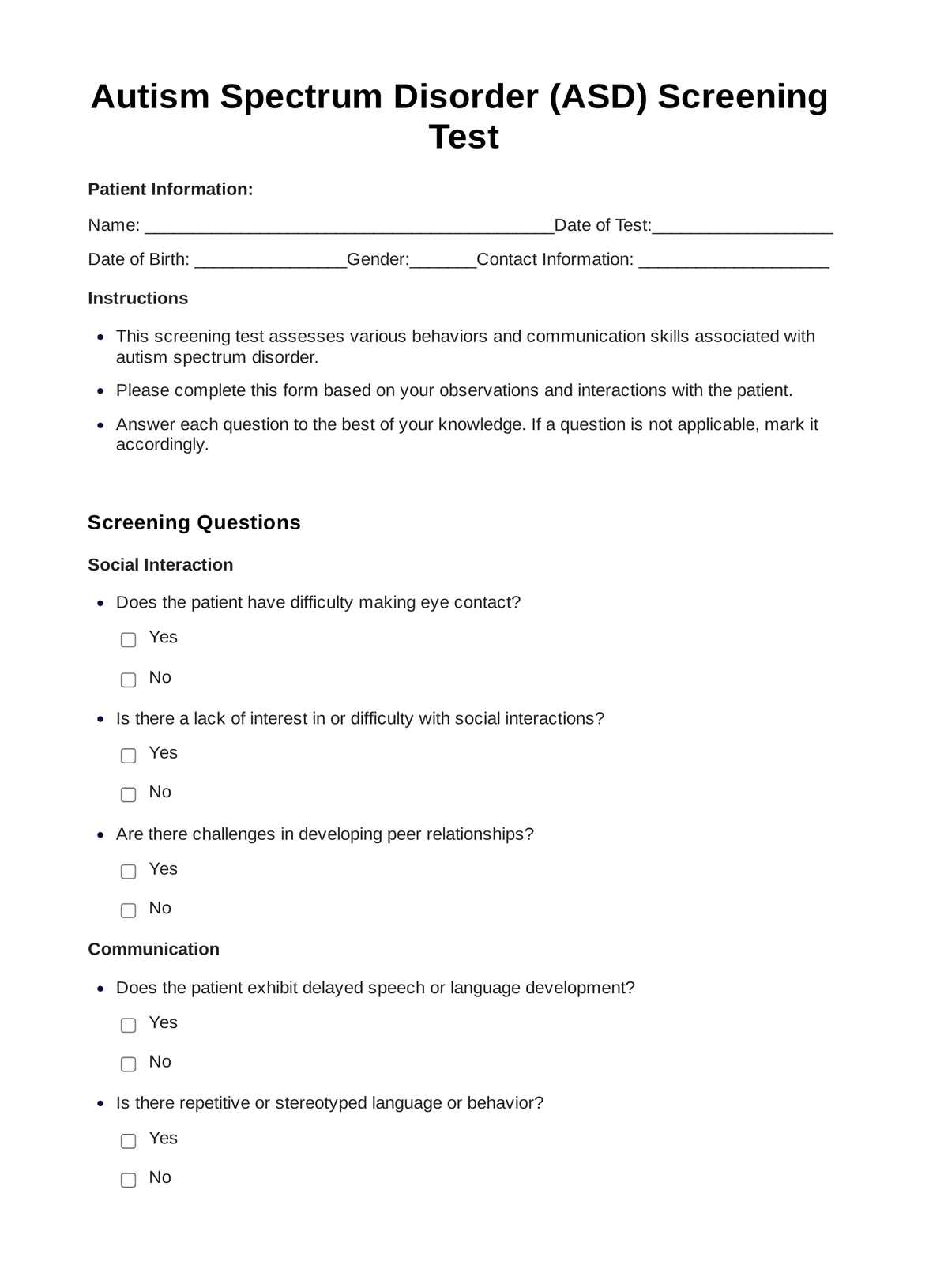Motivation Assessment Scale
Get an overview of the motivation assessment scale and a free PDF download to help measure individuals' motivation.


What is a Motivation Assessment Scale?
The (MAS; Durand & Crimmins, 1988, 1992; Haim, 2002) is a tool used to measure motivation in individuals. This scale was designed to assess the motivational processes that influence the behavior of individuals with developmental disabilities.
The MAS consists of five subscales measuring sensory, escape demands, attention, attention, and tangible motivations. Each item is scored on a 0 to 6 scale, with higher scores indicating higher motivation levels.
First developed by Drs. Durand and Crimmins, in 1988, the original MAS consisted of 16 questions. It was then expanded to include new items that better fit the needs of individuals with developmental disabilities. The latest version consists of 57 and takes about 10 minutes to complete.
You can use the MAS to gain insight into an individual’s motivations and how they affect their behavior. For example, if an individual has low motivation for sensory activities, but a high motivation for escape attention, it can help you understand why they are displaying certain behaviors.
Motivation Assessment Scale Template
Motivation Assessment Scale Example
How does this Motivation Assessment Scale work?
This free Motivation Assessment Scale is the latest version, consisting of 57 questions divided into five subscales. Each subscale has at least ten questions scored on a scale of 0 to 6. Follow these steps to start using the tool:
Step One: Download the MAS
Access the Motivation Assessment Scale using the link on this page. You can also get it from the Carepatron app or our resources library.
Step Three: Explain the assessment to your patient
Explain to your patient the purpose of the assessment, how it works, and what results they can expect.
Step Two: Answer the questions
Answer each question on the scale with a 0, 1, 2, 3, 4,5, or 6. These numbers represent how motivated the individual is for the activity in question.
Step Three: Score the responses
The Motivation Assessment Scale comprises five subscales, each with a different purpose and scoring system. Here’s how to score the MAS:
- Add up all the responses for each subscale and divide it by the total number of questions.
- Assign a ranking to each motivation based on the average score: 1 being the highest, 2 being the second highest, and so on.
This will indicate which motivations are most vital for the individual.
Step Four: Assess the results
After scoring the responses, you can assess the results to understand what motivates the individual.
Step Five: Implement a plan
Based on your understanding of the individual’s motivations, design a plan to help them reach their goals.
When Would You Typically Use A Motivation Assessment Scale?
You can use the MAS to evaluate individuals with developmental disabilities. It can help you understand why they exhibit certain behaviors and provide insight into the motivational processes that influence their behavior. Additionally, you can use this tool if or when:
Your patient is exhibiting challenging behaviors
You can use the MAS to determine the root cause of a patient’s behavior and design effective interventions.
You want to understand the individual’s motivations
Using the Motivation Assessment Scale, you can understand what motivates the individual and how it affects their behavior. It offers a clearer view of why they may exhibit certain behaviors and how to approach them.
You need to identify strengths and weaknesses in motivation
The Motivation Assessment Scale helps you identify and measure an individual’s motivations within different contexts. This lets you target their strengths and weaknesses to create strategies that better address their needs and goals.
You want to design a behavior plan that incorporates positive reinforcement
You can create a behavior plan using positive reinforcement by understanding the individual's motivations. Using this strategy can help increase the chances of reaching desired behavior goals.
Who is this Motivation Assessment Scale PDF for?
The Motivation Assessment Scale is designed for individuals with developmental disabilities. This tool can be used by professionals such as:
- Psychologists
- Behavioral therapists
- Social workers
- Special Education teachers
- Caregivers of individuals with developmental disabilities
- Other mental health professionals
You can also use the MAS in clinics, schools, and homes. With this tool, you can create intervention plans targeting your patient’s motivational processes.
Why Is This Assessment Popular With Behavioral Therapists?
The Motivation Assessment Scale is popular with behavioral therapists because of its reliability and validity. This tool has been tested and proven to accurately measure an individual's motivations. It is also widely administered because:
It's convenient
The MAS can be administered quickly and easily. Scoring and interpreting the results is simple, making it ideal for busy professionals.
It's effective
The Motivation Assessment Scale is an effective tool for identifying the causes of challenging behaviors and designing interventions. It can also help you understand an individual's motivations and create behavior treatment plans to address their issues.
It can be used in different settings
The Motivation Assessment Scale is an asset to professionals in all settings, from clinics and hospitals to homes and schools.
It addresses a variety of factors
The MAS considers both internal and external motivational factors. It considers cognitive, social, emotional, and environmental influences on behavior, giving you a more comprehensive understanding of your patient.
It helps patients understand themselves
The Motivation Assessment Scale can help your patient comprehend their strengths and weaknesses regarding motivation. This can give them a better understanding of their behavior and help them make more positive decisions.
.png)
Benefits of free Motivation Assessment Scale
This free MAS is an invaluable resource for professionals and individuals alike. It can be used to access motivation in many different contexts/ Here are some of its benefits:
It's easy to administer
This free Motivation Assessment Scale is fully digital, which makes it easy to administer and score. You can use it anytime, anywhere. You don't need to print out the tool to start your assessment.
It's reliable
Various tests and studies have proven the Motivation Assessment Scale's reliability and accuracy. This ensures that you are getting accurate results every time.
It can help you track progress
The MAS allows you to measure your patient’s motivation at different points in their treatment, so you can track progress and ensure the interventions are effective.
Commonly asked questions
Durand and Crimmins developed the Motivation Assessment Scale in 1988 & 1992, later revised by Haim (2002).
The Motivation Assessment Scale is typically completed by the professional working with the individual. However, depending on the age and abilities of the patient, they may be able to complete the tool with assistance.
The Motivation Assessment Scale is typically used as part of a comprehensive evaluation. You can use it to determine your patient’s motivations, strengths, and areas for improvement.



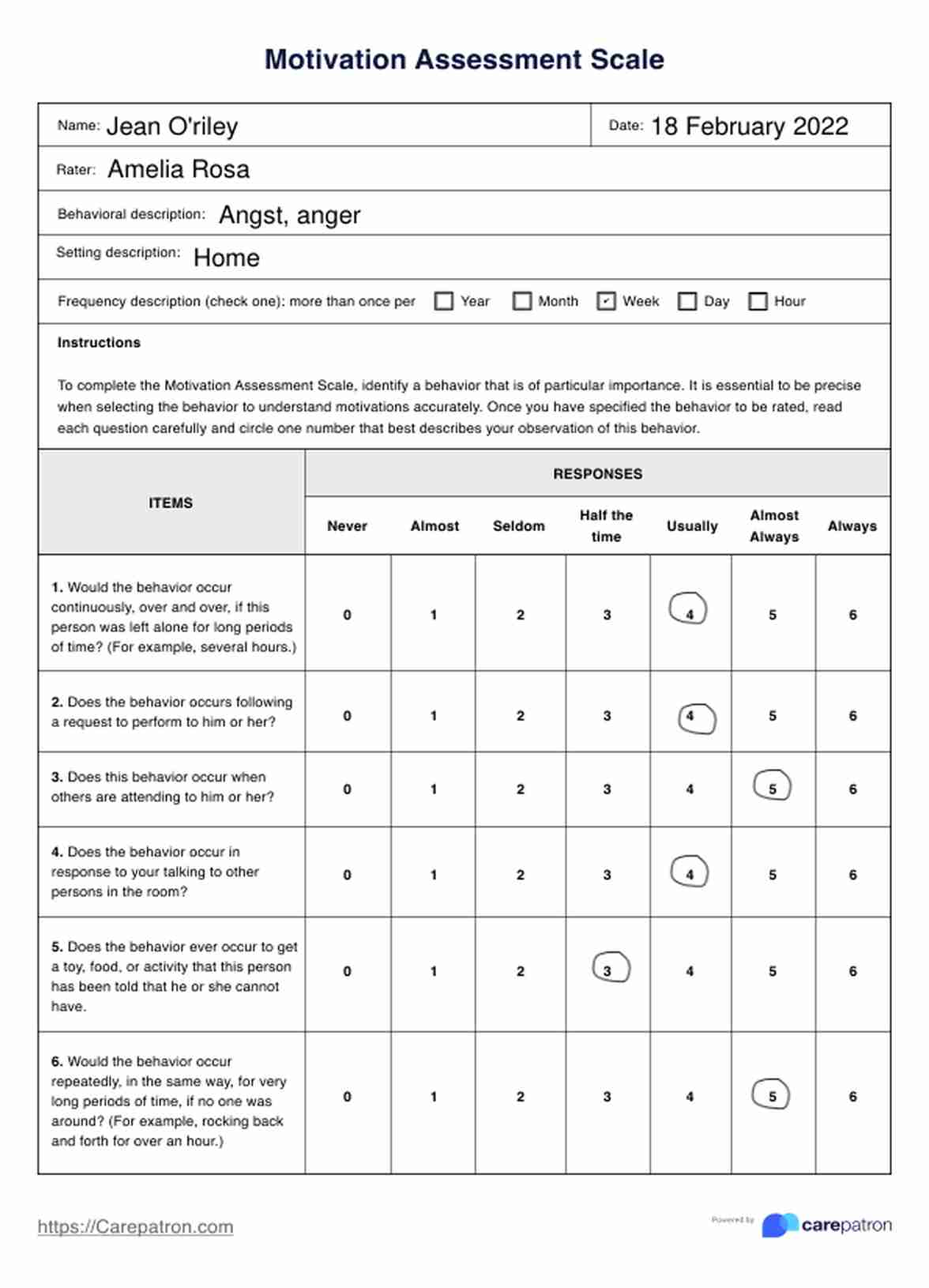

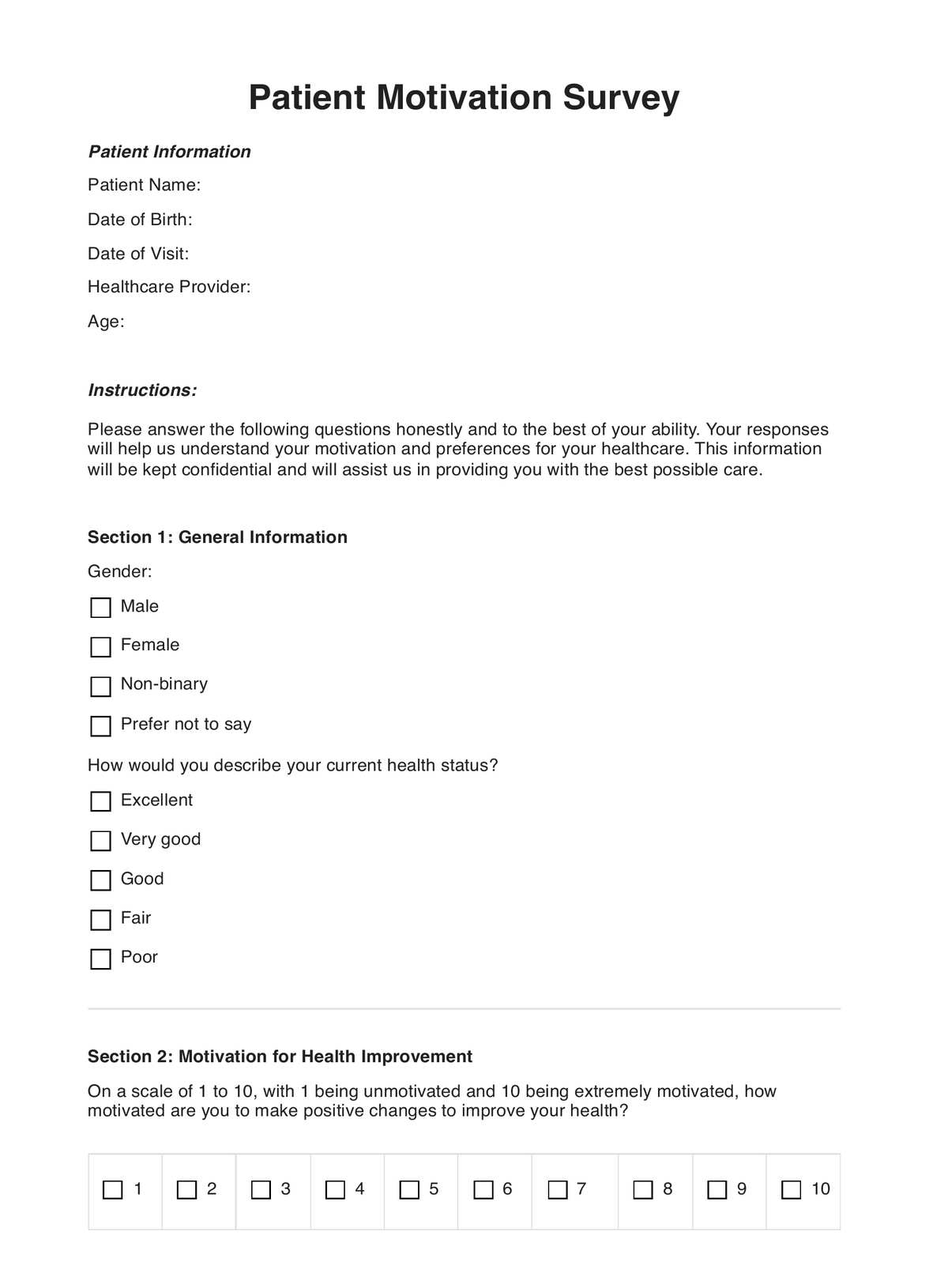
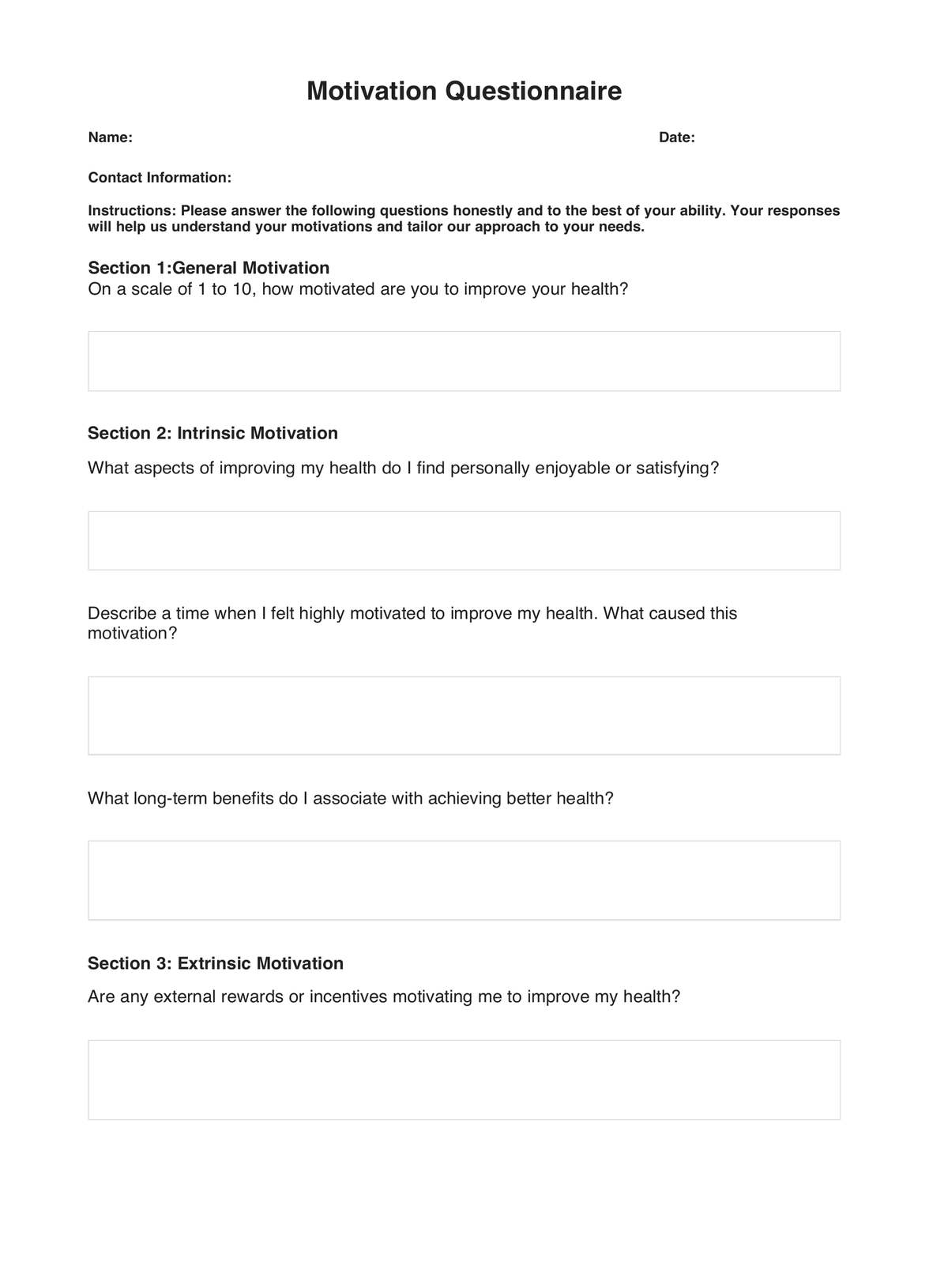
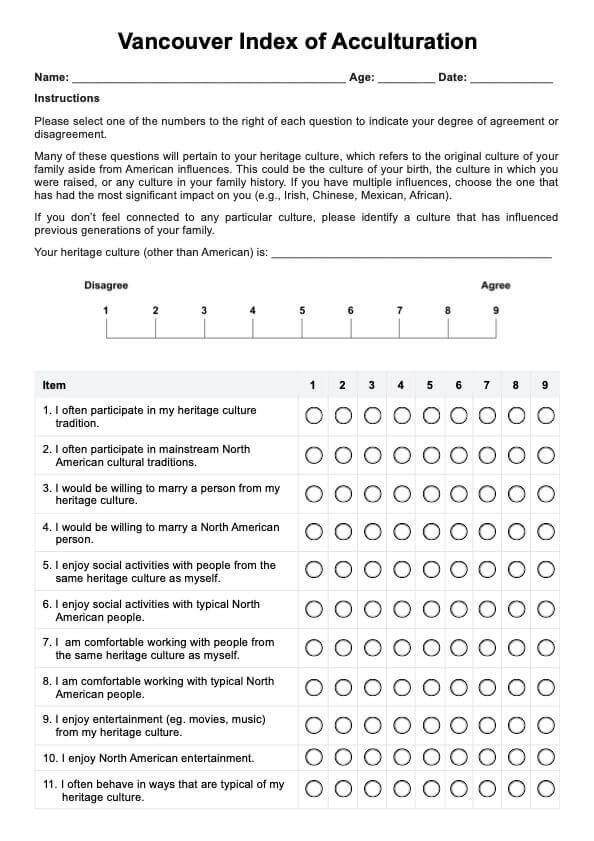
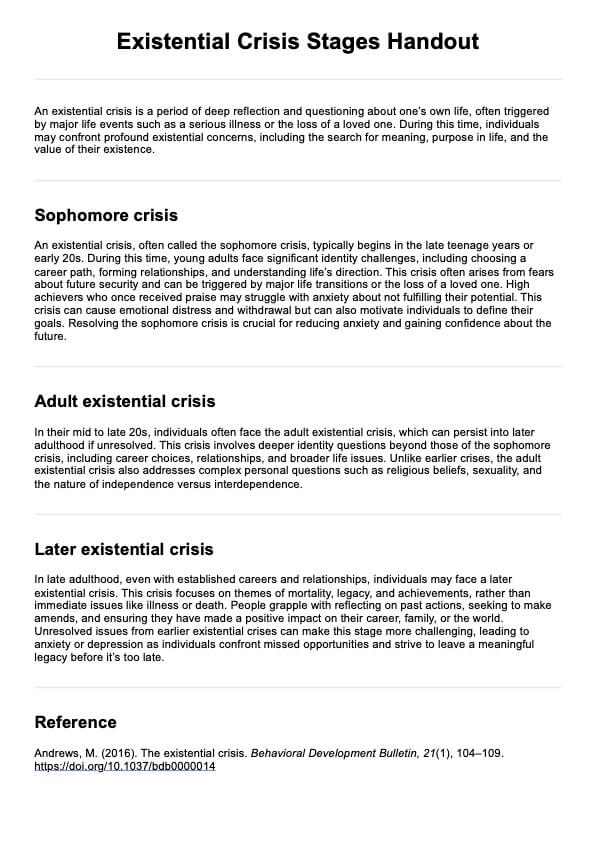
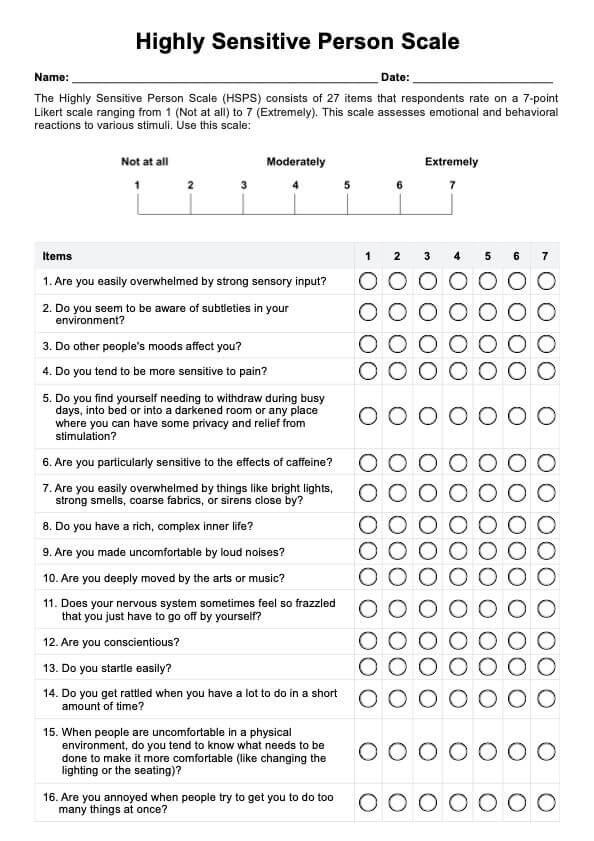









-template.jpg)















































































